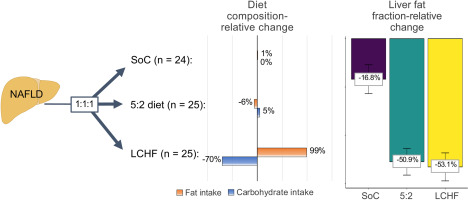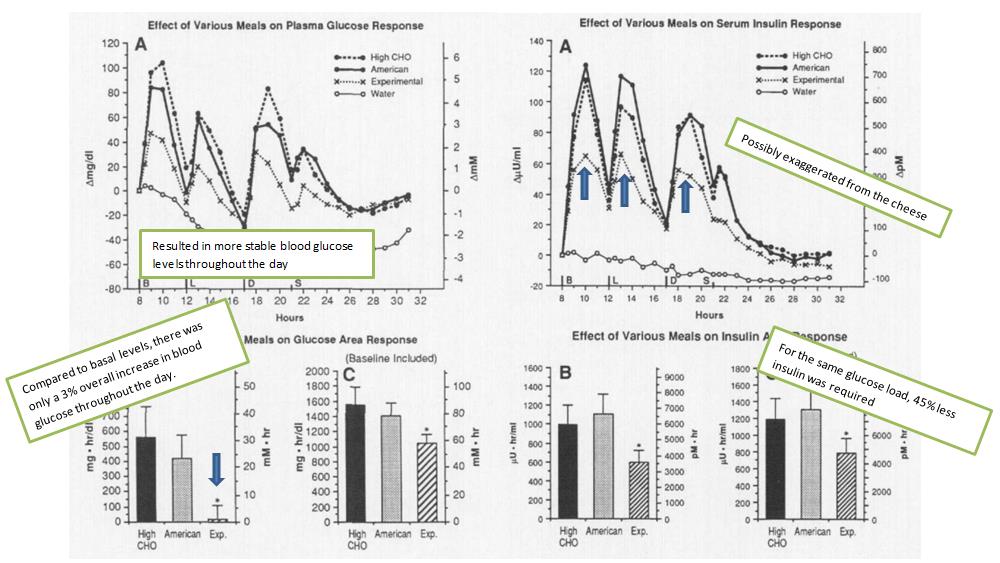A lot of good advice here so I'll come at it from a different angle. When observing TCM, Ayurveda or whatever traditional medicine you feel drawn to they usually have a Element/ Dosha balancing thing going on.
I find that before getting too brainy, seeing what "state" your body is currently in and aiming to balance that state can really help issues like this.
Most people tend to take a very Yin approach to the Peat inspired diet even though they seem to want more yang from it.
I wouldn't treat their (traditional medicine system) advice like a religion personally but they offer clarity on things which are theoretically supposed to work but don't.
Some people really find a blandish Macrobiotic type diet to be helpful in reaching a homeostasis. The Peat inspired diet can be so tasty that you go very yin and very yang constantly never being able to just balance out.
Many also encourage food combining techniques. something worth considering until the metabolic fire is regained to an extent where what you eat and how you combine it doesn't matter once again.
I think they knew how hard it was to stay in a certain state because of the unpredictability of the world so developing these ancient techniques helped people balance their metabolism depending on the scenario.
I find that before getting too brainy, seeing what "state" your body is currently in and aiming to balance that state can really help issues like this.
Most people tend to take a very Yin approach to the Peat inspired diet even though they seem to want more yang from it.
I wouldn't treat their (traditional medicine system) advice like a religion personally but they offer clarity on things which are theoretically supposed to work but don't.
Some people really find a blandish Macrobiotic type diet to be helpful in reaching a homeostasis. The Peat inspired diet can be so tasty that you go very yin and very yang constantly never being able to just balance out.
Many also encourage food combining techniques. something worth considering until the metabolic fire is regained to an extent where what you eat and how you combine it doesn't matter once again.
I think they knew how hard it was to stay in a certain state because of the unpredictability of the world so developing these ancient techniques helped people balance their metabolism depending on the scenario.






